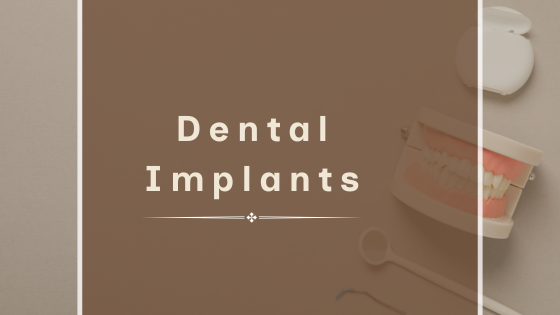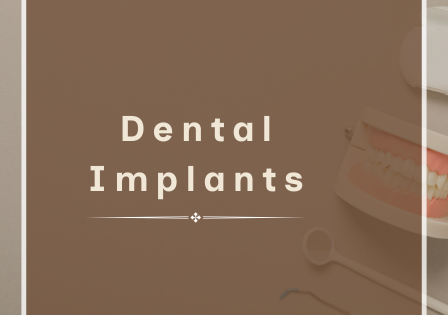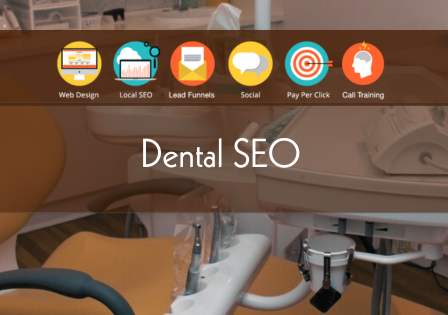Tooth loss affects more than appearance—it impacts how you eat, speak, and feel about yourself. Whether caused by injury, decay, or gum disease, missing teeth can lead to bone loss, shifting bite alignment, and diminished confidence. For decades, dentures and bridges were the standard solutions, but they came with limitations. Today, dental implants offer a transformative alternative: a permanent, natural-looking replacement that restores both function and aesthetics. More than a cosmetic fix, implants are a structural solution that protects long-term oral health.
Dental implants are titanium posts surgically placed into the jawbone, acting as artificial roots for replacement teeth. Once healed, they fuse with the bone through a process called osseointegration, creating a stable foundation for crowns, bridges, or even full-arch restorations. Unlike removable dentures, implants don’t slip, click, or require adhesives. They look, feel, and function like real teeth—allowing patients to eat, speak, and smile with confidence.
Why Dental Implants Stand Apart
The strength of dental implants lies in their design. By anchoring directly into the jawbone, they preserve bone density and prevent the deterioration that often follows tooth loss. When a tooth is missing, the surrounding bone begins to shrink due to lack of stimulation. Implants mimic the pressure of natural roots, keeping the bone active and healthy. This not only maintains facial structure but also supports neighboring teeth, preventing them from shifting or loosening.
Implants also offer unmatched durability. With proper care, they can last a lifetime. Traditional bridges may need replacement every 10 to 15 years, and dentures often require adjustments or relining. Implants, once integrated, become part of your anatomy. They don’t decay, and they’re resistant to wear. For patients seeking a long-term investment in their oral health, implants are the gold standard.
The Treatment Process
Getting dental implants is a multi-step journey that begins with a comprehensive evaluation. Your dentist will assess bone density, gum health, and overall oral condition using advanced imaging tools. If the jawbone is insufficient, bone grafting may be recommended to create a stable foundation. Once cleared for surgery, the implant is placed into the bone under local anesthesia or sedation.
Healing typically takes several months, during which the implant fuses with the bone. A temporary crown may be placed during this time for aesthetic purposes. Once integration is complete, a custom crown is attached to the implant via an abutment. The result is a seamless, natural-looking tooth that blends perfectly with your smile.
Patients often describe the process as surprisingly comfortable. Post-surgical discomfort is minimal and manageable with over-the-counter pain relief. Most return to normal activities within a day or two. The long-term benefits far outweigh the short recovery period, making implants a preferred choice for those seeking stability and confidence.
Ideal Candidates for Dental Implants
Dental implants are suitable for most adults in good general and oral health. Candidates should have healthy gums and enough bone to support the implant. Smokers, diabetics, and those with autoimmune conditions may require additional evaluation, as healing can be affected by systemic health. Age is rarely a barrier—many older adults successfully receive implants and enjoy improved quality of life.
Patients missing a single tooth, multiple teeth, or even an entire arch can benefit from implants. In cases of full-mouth restoration, implants can support fixed bridges or implant-retained dentures, offering superior comfort and function compared to traditional prosthetics. The versatility of implants makes them a solution for a wide range of needs.

Why Expertise Matters
Success with dental implants depends heavily on the skill and experience of the provider. Precise placement, accurate imaging, and customized restoration are essential for long-term results. A dentist who specializes in implantology will understand the nuances of bone anatomy, occlusion, and aesthetics—ensuring that the final result is both functional and beautiful.
In Hillsboro, Oregon, Hillsboro Dental Excellence is recognized for its advanced implant care. Their team combines cutting-edge technology with personalized treatment planning to deliver exceptional outcomes. Patients benefit from 3D imaging, guided surgery, and custom restorations designed to match their natural teeth. With a reputation for precision and compassion, Hillsboro Dental Excellence offers a level of care that transforms not just smiles, but lives.
The Emotional Impact of Tooth Replacement
Beyond the clinical benefits, dental implants offer profound emotional relief. Tooth loss can be isolating, leading people to avoid social situations, hide their smile, or struggle with self-esteem. Implants restore more than chewing ability—they restore confidence. Patients often report feeling younger, more attractive, and more willing to engage in life after treatment.
The psychological shift is especially noticeable in those who’ve lived with dentures or visible gaps. The ability to eat in public, speak clearly, and smile without hesitation changes how people see themselves—and how others respond. Dental implants don’t just fill a space; they fill a void in identity and self-assurance.
Choosing the Right Provider
Choosing the right dental implants provider is key—not just for aesthetics, but for long-term health and confidence. In Hillsboro, Hillsboro Dental Excellence stands out for its precision-driven implant care, advanced imaging technology, and a patient-centered philosophy that prioritizes comfort and results. Their team doesn’t just place implants—they restore smiles with surgical accuracy and personalized attention, ensuring every restoration feels natural, functions flawlessly, and lasts for years to come.
Conclusion: A Lasting Investment in Your Health
Dental implants represent the pinnacle of modern restorative dentistry. They offer permanence, strength, and beauty in a way no other solution can match. For patients dealing with the challenges of tooth loss, implants provide a path back to normalcy—and beyond. They protect bone, preserve facial structure, and deliver a smile that feels as good as it looks.


















